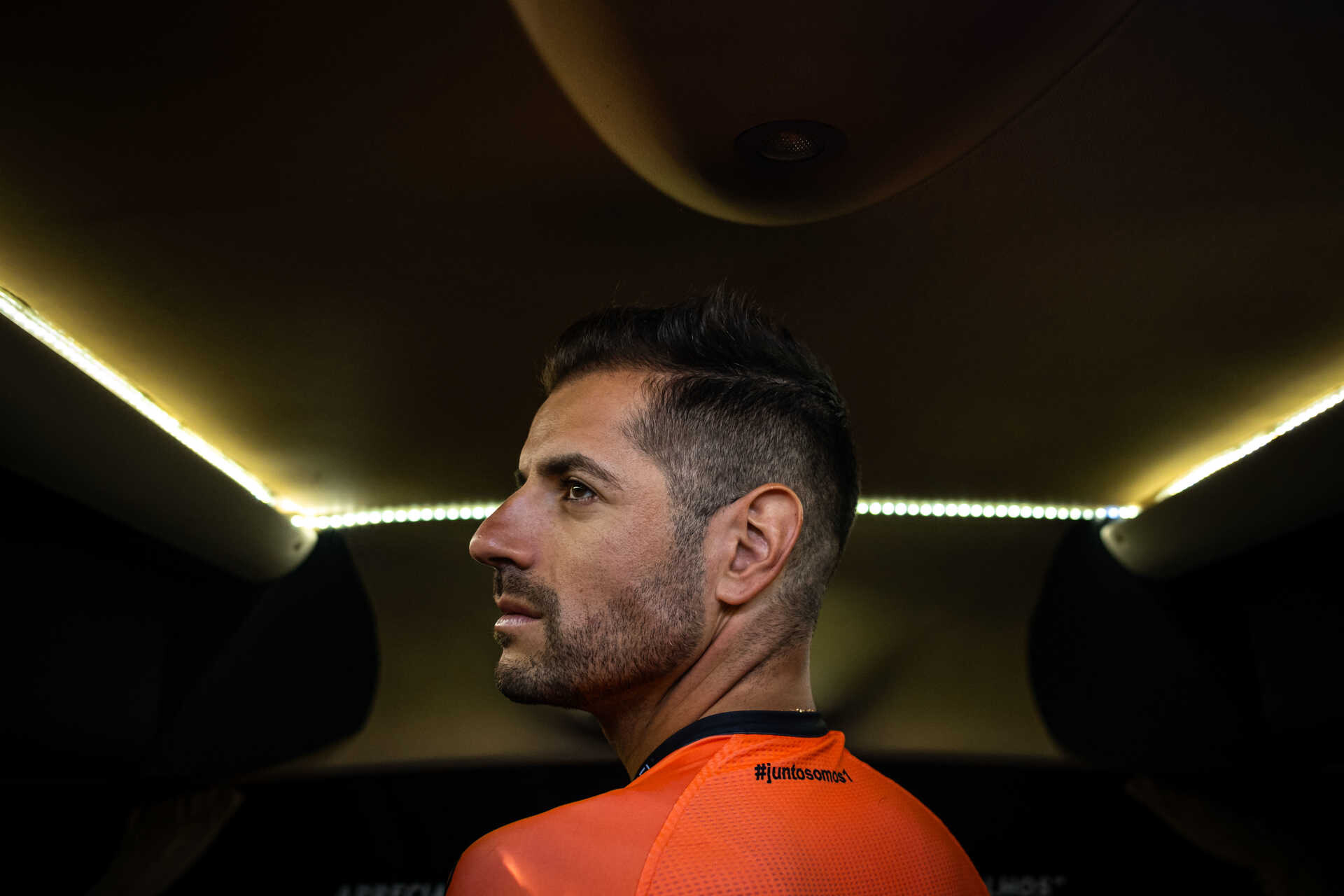To ensure he leaves cycling “with his head held high and with a clear conscience”, the 2012 Volta a Portugal do Futuro winner explains, in a social media post, that he was notified by ADoP “as part of the process of ‘possible use of prohibited means’, which is based on ‘ Sample/analysis collected in 2015.”
“My response to this notification was an exercise of pure truth and I fought for my innocence. At no time in my sporting career have I ever acted in a way that would jeopardize sporting truth.” […] He added that the decision of this body follows the opinion of a committee of experts, who concluded, without providing any certainty, that prohibited methods are likely to be used,” referring to the biological passport.
Thus, Rafael Silva, claiming to be the target of a process “in which – apparently – the presumption of guilt”, chose “not to attack the decision” of the ADoP, because despite knowing of his “absolute innocence”, he is already 33 years old.
“I have to say I received from my sporting director [José Azevedo] The support and trust, which I appreciate a lot, gives me complete freedom to decide on this matter. I decide according to the rules I have always imposed on my choices: No one will ever be harmed by my decisions. “I was afraid that any option other than finishing now might cause harm to my team with the season already starting,” explains the former Evabel rider.
A professional since 2013, Rafael Silva spent a large part of his career in the former structure of Evabel (currently Sabgal-Anicolor), playing the last two seasons in Jose Azevedo's team.
“I am now finishing the course. I leave it with sadness in my heart, but with a calm conscience and the certainty that this is the decision I have to make. Life goes on, now out of competition, but always on the bike,” he now concludes. A former sprinter, who has also won stages in the Grande Prémio Jornal Notícias, GP O Jogo and Volta a Albergaria (2019), among others.

“Writer. Communicator. Award-winning food junkie. Internet ninja. Incurable bacon fanatic.”

